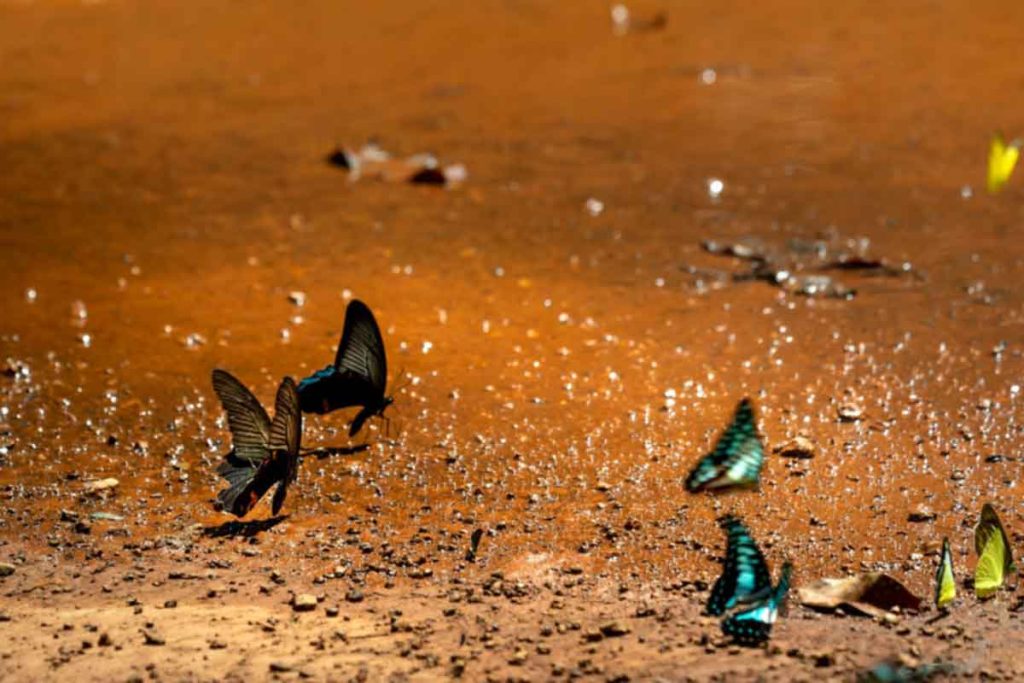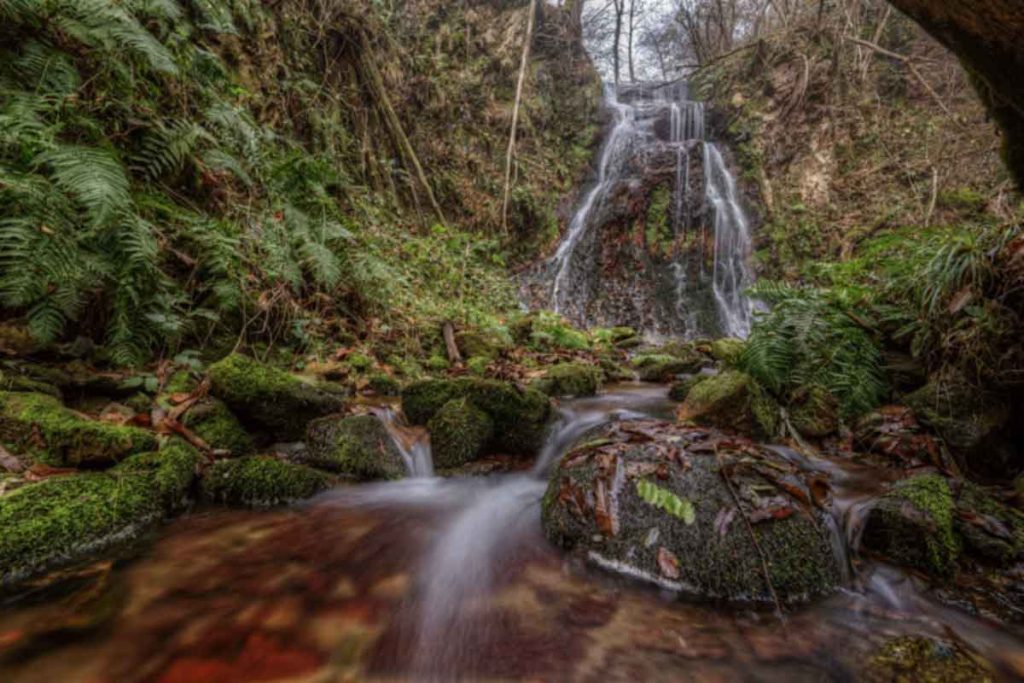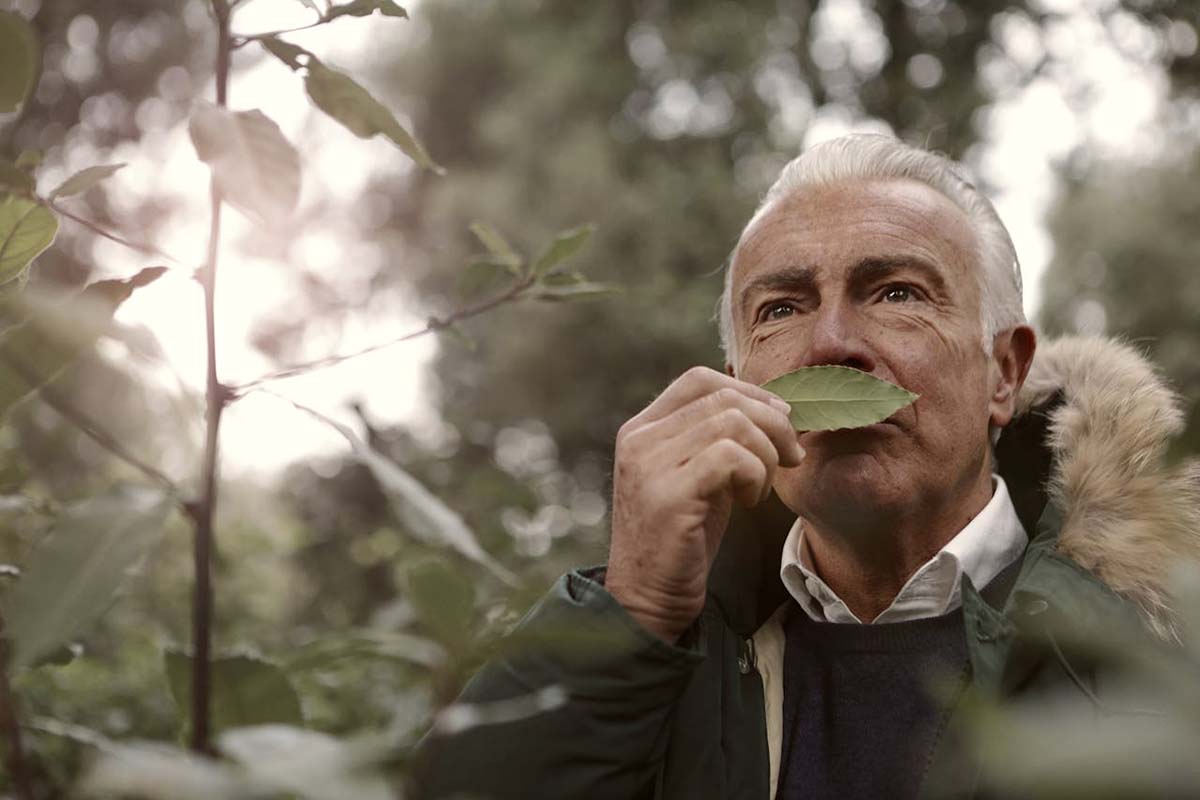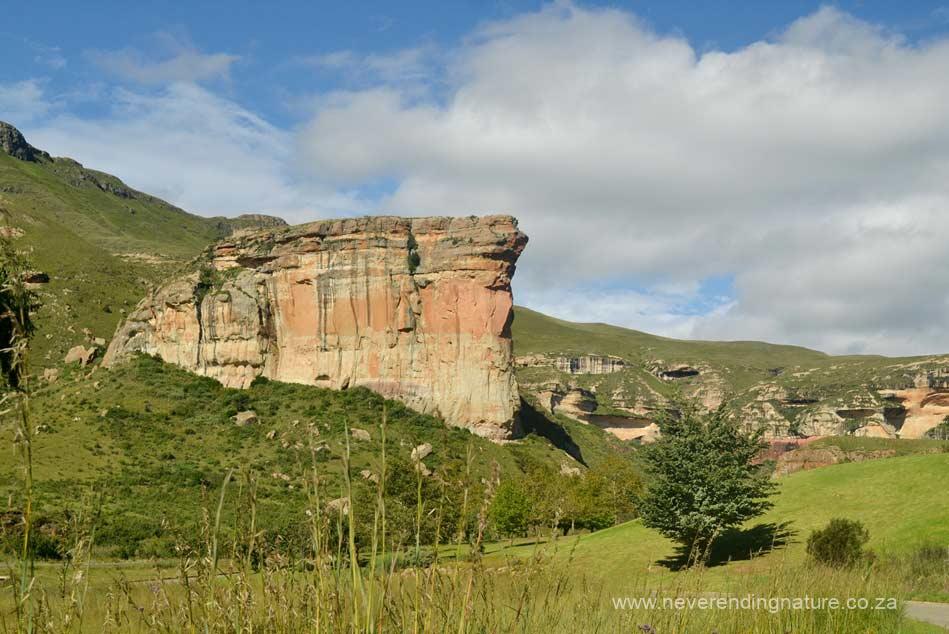A single scent can transport you to another place and time. Maybe it is the smell of your grandmother’s pudding or freshly baked bread in your childhood kitchen. But for many, few experiences stir emotion quite like the smells of the African bushveld – earthy, smoky, floral, and wild.
Smell is an incredibly powerful sense. In the South African wilderness, certain smells instantly take you to wide-open landscapes, sun-dappled trails, or the heart-pounding thrill of wildlife encounters. Others, like the smell of meat on the braai, can instantly lead to grumbling tummies and a watering mouth. Somehow, it smells even better in the bush, especially when returning to camp after a day out.
Here are the six iconic scents that transport nature lovers straight back to the bush.
Six smells that instantly take you back to the African bushveld
1. Petrichor – rain on dry earth

There is something magical about the smell of rain on dry soil. This earthy aroma, known as petrichor, fills the bush after a long dry spell, signalling new life. When walking a trail after a thunderstorm, the scent hits your senses. Plus, you get to see all the fresh animal tracks.
2. Ozone
Some nature lovers even prefer the scent that precedes rain: ozone. We agree, there is nothing better than the promise of a downpour ready to invigorate the bush. Birds chirp differently, ants are on a mission, and wildlife also seems to sense something.
3. Smoke from a campfire
Long after you’ve packed up and driven home, the scent of wood smoke clings to your clothes. But few smells are as tied to memory as wood smoke in the African bush. It’s not just the scent of burning wood, but evenings around a crackling fire, laughter under the stars, and conversations that stretch into the night. There is also a lot to be said about your neighbour’s boerewors on the braai when you return, hungry, after a day out.
4. Animal scents – earthy and alive
The bush is alive with subtle, unforgettable scents, spoor on trails, the faint smell of dung in the early morning, or even the sweet popcorn-like aroma that hints at a leopard’s scent marking nearby. Some may shy away from these natural bush smells, but anyone who loves the bush knows that these earthy smells are part of the magic.

5. Marula and fermenting fruit
The smell of ripe fruit, especially marula, is instantly recognisable. When marula fruit ripens, it releases a sweet, tropical fragrance that draws insects, elephants, and humans alike. That fruity, tangy smell signals abundance in the bush, something that only happens once a year.
6. Fresh water
There is a sense of calm that comes with the sound and smell of fresh water. Rain-fed streams, gushing waterfalls, muddy riverbanks, and wet sand all carry a crisp, clean scent. Damp earth, reeds, and the tang of flowing water may even evoke memories of early game drives, watching birds, and just escaping in nature.

7. Thatch roofs warming in the sun
There’s something comforting about thatch roofs baking in the African sun. Whether you are waking up in a safari lodge or sitting in a hide, the warm, dusty aroma of sun-baked grass and timber evokes a sense of calm and belonging. It’s a subtle reminder that the bush has its own rhythm — one that slows you down and invites you to breathe.
Next time you find yourself surrounded by nature, pause and take a deep breath. One whiff, and you might be transported straight back to your favourite wild place.
Love stories like this one?
See more of our content under our latest posts. You can also join others like you by subscribing to our newsletter.
Which African bush smell instantly takes you back? Share your favourite in the comments. Remember to share this story on social media.
Copyright 2025 Never-ending Nature. All rights reserved. You may not republish or rewrite this article without permission.




